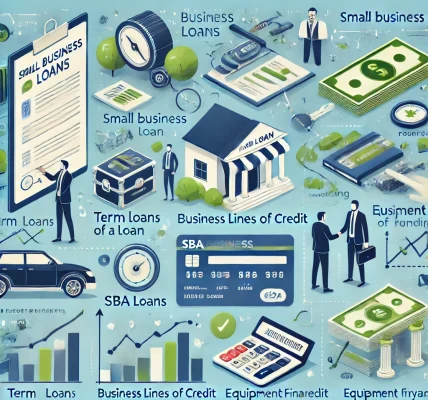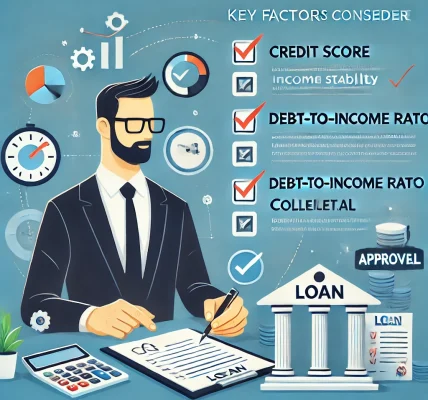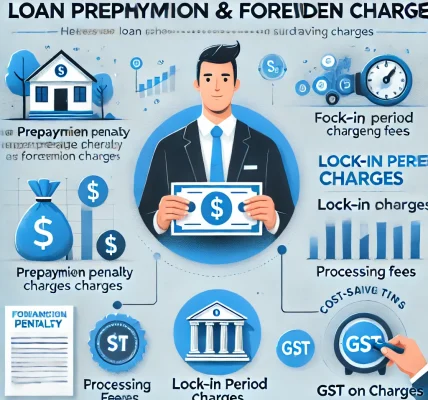Applying for a loan is a big financial decision that requires careful planning. Whether you need a personal loan, home loan, business loan, or any other type of credit, considering the right factors can save you money and prevent financial stress. Here are the top factors to evaluate before applying for a loan:
1. Assess Your Financial Needs
Before applying, ask yourself:
- How much money do you really need?
- Can you afford the monthly payments?
- Is the loan necessary, or can you manage without it?
Taking only the required loan amount helps you avoid unnecessary debt.
2. Check Your Credit Score
Your credit score plays a key role in loan approval and interest rates.
- A 750+ credit score increases your chances of getting lower interest rates.
- If your score is low, consider improving it by paying bills on time and reducing credit card debt.
- Use free credit score check services to assess your financial standing.
3. Compare Interest Rates
Different lenders offer different interest rates.
- Fixed vs. Floating Rate: Fixed remains constant, while floating changes over time.
- Annual Percentage Rate (APR): This includes both interest and additional fees, helping you compare costs better.
- Use online loan comparison tools to find the best deal.
4. Understand Loan Repayment Terms
Loan repayment conditions affect your long-term finances. Consider:
- Loan tenure: Shorter tenure means higher EMIs but lower interest costs.
- Prepayment penalties: Some banks charge extra if you repay early.
- Flexible repayment options: Step-up or step-down EMI plans based on income fluctuations.
5. Evaluate Eligibility Criteria
Before applying, check the lender’s eligibility requirements:
- Minimum salary or income level
- Employment type (salaried or self-employed)
- Existing loans and liabilities
- Age requirements
This helps avoid rejection and protects your credit score.
6. Consider Hidden Charges and Fees
Apart from the interest rate, check for:
- Processing fees (0.5% – 3% of loan amount)
- Late payment penalties
- Legal and documentation charges
- Loan insurance costs
Reading the fine print ensures there are no surprises later.
7. Check Loan Processing Time
If you need money urgently, choose a lender with quick approval and disbursal.
- Some lenders offer instant loans with minimal documentation.
- Government loans and home loans may take longer due to verification processes.
8. Review the Lender’s Reputation
Not all lenders are trustworthy. Do your research:
- Read online reviews from existing customers.
- Check the lender’s customer support services.
- Verify if the lender is registered and authorized.
A reputed lender ensures transparency and better service.
9. Assess the Loan’s Impact on Your Budget
Before taking a loan, calculate your Debt-to-Income Ratio (DTI):
- Ideally, your total EMI payments should not exceed 40% of your monthly income.
- Use an online EMI calculator to check affordability.
10. Look for Special Loan Policies and Discounts
Some banks offer lower interest rates for women borrowers, first-time home buyers, or government employees.
- Government-backed loans may have subsidized interest rates.
- Look for festive season offers from banks and NBFCs.
Final Thoughts
Before applying for a loan, thoroughly evaluate these factors to make an informed decision. A well-planned loan can be a financial asset, while an unplanned one can lead to unnecessary debt.


